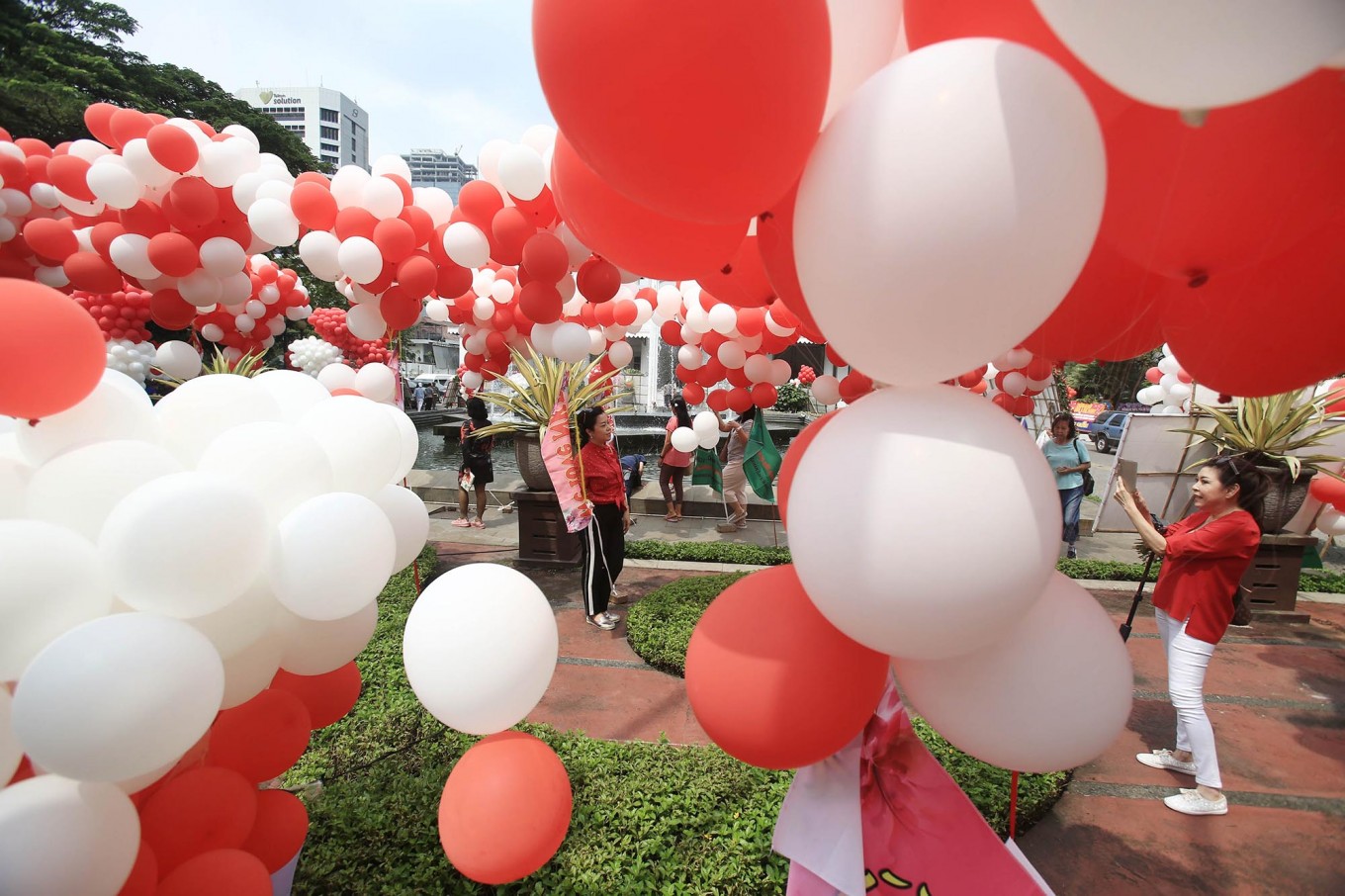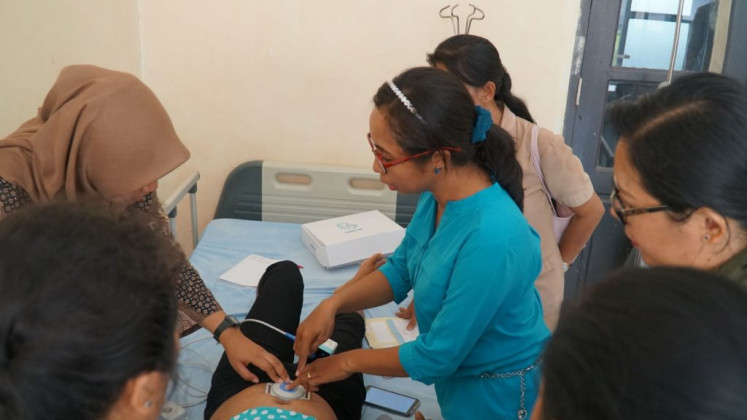F
ollowing the unjust conviction of two years imprisonment for blasphemy against outgoing Jakarta Governor Basuki “Ahok” Tjahaja Purnama, a peace worker who called himself peace provocateur, Reverend Jacky Manuputty, stated on his social media: “Ahok’s burden of conviction is heavy; yet not as heavy as the burden of polarisation upon the shoulder of our society.”
Reverend Manuputty personally experienced polarization amid years of violence and killings in the Maluku islands in the late 1990s to early 2000s. Ever since he, alongside others, have tirelessly worked to bridge various groups involved in the violence and to break down polarization within Maluku society until today.
Polarization appears, disappears and reappears in our history, but has always been present. The year 1965 witnessed extreme polarization between “communists” and “anti communists”, leading to deaths, disappearance, torture, as well as imprisonment of innocent people that left a big open wound on the nation to today.
May 1998 saw renewed polarization between “Cina” (Indonesian-Chinese) and “pribumi” (indigenous Indonesians), also leading to rape, torture, and killing of those of Chinese descent. From 1998 to 2000 polarization between Muslims and Christians brought disasters to Maluku and Poso, Central Sulawesi. Again many innocent lives were lost in vain. Even today, many are still living with past trauma.
In 2012, when Joko“Jokowi” Widodo — a newcomer in Indonesian political arena—took office as Jakarta Governor, he ruffled feathers. While one reason was his zero tolerance for corruption, another was his running mate Ahok, a Chinese and a Christian with a no-nonsense attitude.
Tension thickened as Jokowi then won the presidential election in 2014, and Ahok became Jakarta governor – and became more intense ahead of the latest Jakarta election, which Ahok lost.
As the judges fulfilled demands to jail Ahok and convicted him to two years of imprisonment, Jakarta, again on a cloudy May, bore witness to nationwide polarization.
It is important to note that first, Ahok’s conviction came out one day after the government said it would ban Hizbut Tahrir Indonesia, apparently in response to fears of the group’s campaign of a khilafah or Islamic state. Yet polarization is a deep and complex issue — lying underneath the surface is entanglement of many different groups, interests, and problems.
Last but not least, the rise and development of “radical Islam” here must be understood together with the re-emerging of far right politics in Western Europe as well as the United States, with its growing anti-migrant and anti-Islam attitude and policies.
As an Indonesian national living in the Netherlands, I cannot applaud recent response from the Netherlands to “save” Ahok. International solidarity is important but my host country should pay more attention in solve solving own issues related to migrants, refugees and Muslims.
For many Indonesian nationals — particularly non-Muslims — living in Europe or in the United States amid Indonesia’s developments puts us in a very uncomfortable situation. In Europe as well as in the US we are put in the same box with Muslims from all over the world.
These days we stand with our Muslim brothers and sisters from many different corners of the world, fighting against discrimination and racism, as expressed through many rallies in different cities.
Here we are a “minority”, yet back home we are also a “minority”. We are thus minorities pressed from both sides by two different “majorities”, that we hardly have a place where we are truly accepted. Nevertheless, no matter how difficult and confusing our positions within this very entanglement of global and local politics, we will always stand with those who are oppressed, on the side of justice for all.
***
The writer is a PhD researcher at the International Institute of Social Studies of Erasmus University, The Hague.
---------------
We are looking for information, opinions, and in-depth analysis from experts or scholars in a variety of fields. We choose articles based on facts or opinions about general news, as well as quality analysis and commentary about Indonesia or international events. Send your piece to academia@jakpost.com. For more information click here.
 Bunches of balloons fill the front yard of City Hall in Jakarta on Monday (May 8, 2017). The balloons have been sent by supporters of outgoing Governor Basuki “Ahok” Tjahaja Purnama and Deputy Governor Djarot Saiful Hidayat as a token of gratitude for their time in office, as well as sympathy in the wake of their defeat in the recent election. (JP/Dhoni Setiawan)
Bunches of balloons fill the front yard of City Hall in Jakarta on Monday (May 8, 2017). The balloons have been sent by supporters of outgoing Governor Basuki “Ahok” Tjahaja Purnama and Deputy Governor Djarot Saiful Hidayat as a token of gratitude for their time in office, as well as sympathy in the wake of their defeat in the recent election. (JP/Dhoni Setiawan)









